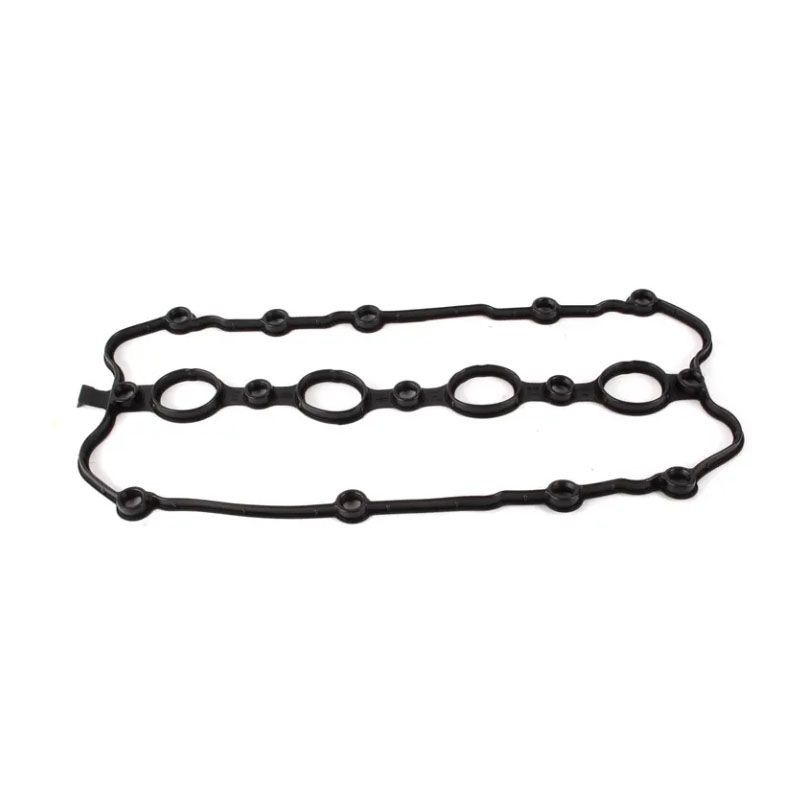ptfe oil seal
Understanding PTFE Oil Seals A Comprehensive Overview
PTFE (Polytetrafluoroethylene) oil seals are critical components in various mechanical systems, providing an effective barrier against the leakage of lubricants and preventing contaminants from entering critical machinery. These seals are widely embraced in industries ranging from automotive to aerospace due to their exceptional performance characteristics.
What is PTFE?
Polytetrafluoroethylene, commonly known as PTFE, is a synthetic polymer known for its remarkable properties, including high chemical resistance, low friction coefficient, and excellent thermal stability. PTFE is famously recognized by its brand name, Teflon, which is often associated with its non-stick cookware applications. However, its industrial applications significantly extend beyond kitchenware.
Characteristics of PTFE Oil Seals
1. Chemical Resistance One of the standout features of PTFE oil seals is their resistance to a wide range of chemicals, including oils, fuels, and solvents. This makes them ideal for use in harsh environments where traditional rubber seals might degrade quickly.
2. Temperature Tolerance PTFE can withstand a broad temperature range, typically from -100°F to 500°F (-73°C to 260°C). This thermal stability ensures that PTFE oil seals maintain their integrity and performance even in extreme conditions.
3. Low Friction The low surface energy of PTFE translates to reduced friction between the seal and the shaft, which can lead to decreased wear and extended service life. This property is particularly beneficial in rotating applications, where friction can be a significant concern.
4. Long Lifespan When compared to traditional sealing materials, PTFE oil seals often exhibit longer operational lifespans. Their ability to resist wear and withstand varying environmental conditions reduces the need for frequent replacements, thus lowering maintenance costs.
ptfe oil seal

5. Versatility PTFE oil seals can be manufactured in various designs and sizes to accommodate different machinery types and configurations. This adaptability is valuable for industries seeking custom solutions to seal their equipment effectively.
Applications of PTFE Oil Seals
PTFE oil seals are utilized in numerous applications across different sectors
- Automotive In vehicles, PTFE seals are often used in engines, transmissions, and differentials to prevent oil leakage and improve overall efficiency.
- Aerospace Given the rigorous demands of aerospace applications, PTFE seals are essential in aircraft engines and hydraulic systems, where reliability and performance are paramount.
- Manufacturing In manufacturing equipment, PTFE oil seals protect against fluid leaks and contamination, which is crucial for maintaining equipment performance and longevity.
- Mining and Heavy Industries In harsh environments like mining, PTFE seals provide the durability and reliability needed to withstand abrasive materials and extreme temperatures.
Conclusion
In conclusion, PTFE oil seals represent a significant advancement in sealing technology, offering unparalleled benefits over traditional materials. Their chemical resistance, thermal stability, low friction properties, and versatility make them an indispensable choice for various industries. As machinery continues to evolve and demands for reliability and longevity increase, the role of PTFE oil seals will undoubtedly become even more pronounced. Investing in PTFE oil seals not only ensures effective sealing but also contributes to the overall efficiency and longevity of mechanical systems. With continued innovation in sealing technologies, PTFE is likely to remain at the forefront, meeting the needs of modern industry challenges.
-
Understanding the Front Main Engine Seal: Purpose, Maintenance, and Installation
News Jul.29,2025
-
Understanding O-Rings and Seal Rings: Types, Applications, and Custom Solutions
News Jul.29,2025
-
Understanding Crankshaft Oil Seals: Rear Seals, Pulley Seals, and Their Role in Engine Integrity
News Jul.29,2025
-
The Importance of Front and Rear Crankshaft Seals in Engine Performance and Oil Management
News Jul.29,2025
-
Crank Oil Seals: Functions, Types, and Cost Considerations in Engine Maintenance
News Jul.29,2025
-
A Comprehensive Guide to O-Rings and Seals: Types, Materials, and Global Applications
News Jul.29,2025
-
Mastering Diesel and Performance Engine Maintenance: A Guide to Critical Oil Gaskets
News Jul.28,2025
Products categories















